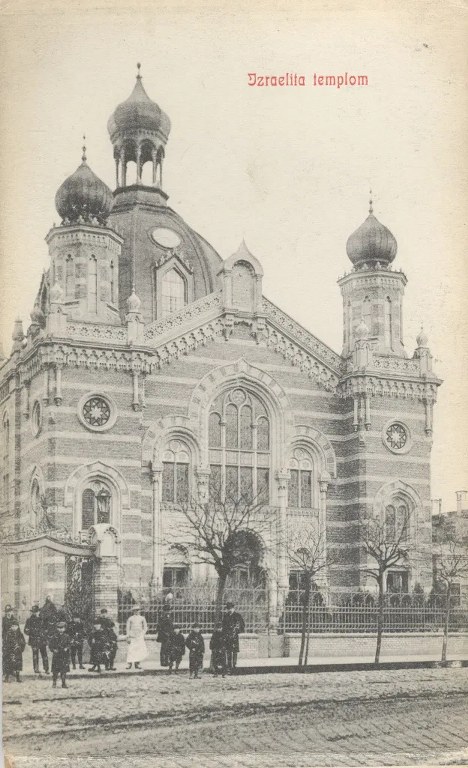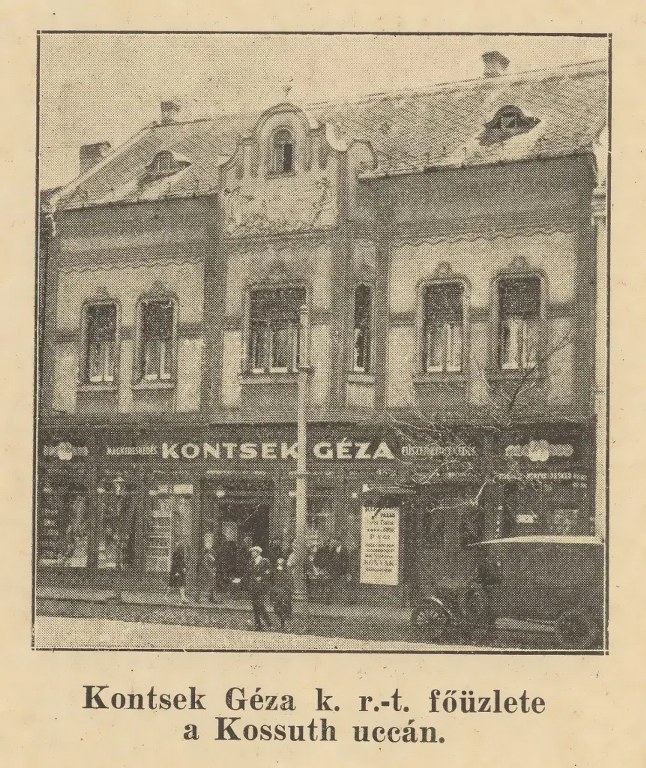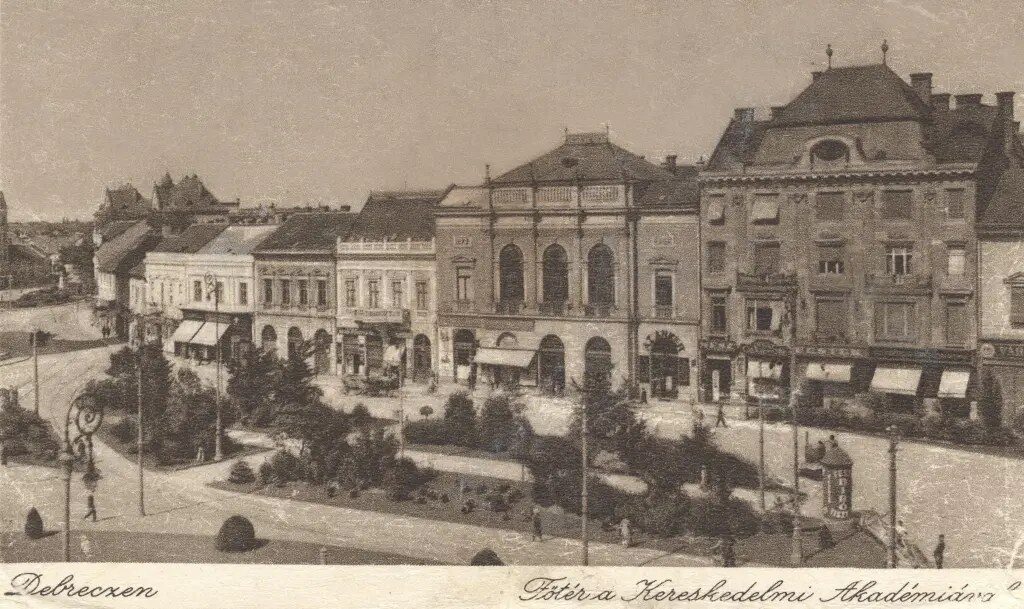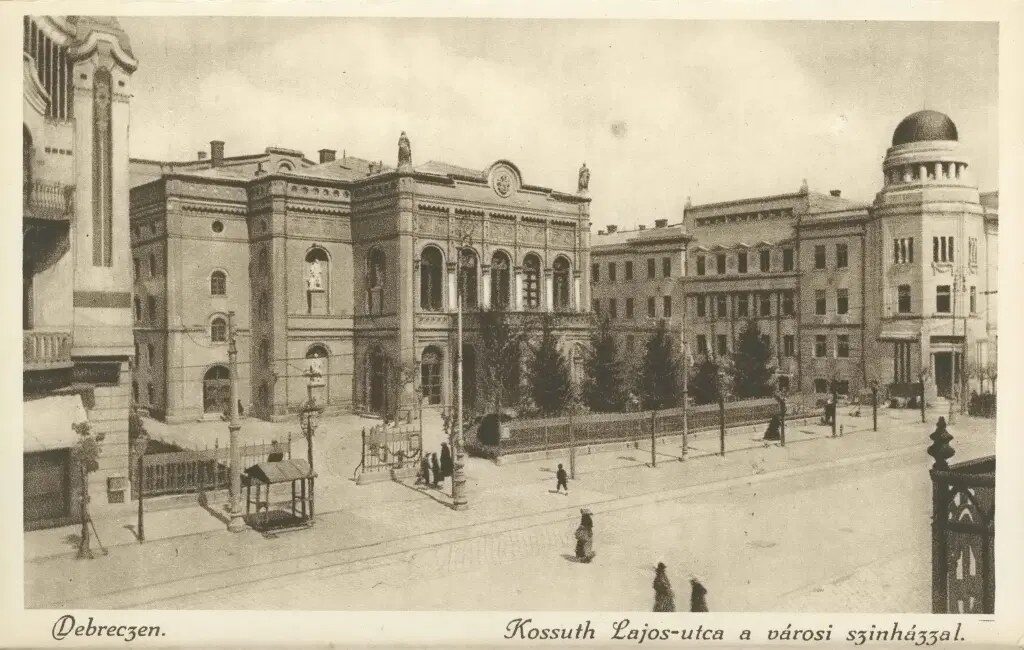At the end of the first World War, the peace treaty (known as “Treaty of Trianon”) was signed between Hungary and the winning countries of the Entente Alliance. As a result of the Treaty of Trianon, Hungary with a total area of 325,411 km², was fractured and fell apart. Hungary lost slightly more than 67% (including Croatia 71%) of its area and more than half of its population.
On the occasion of the 100th anniversary of the signing of the “Treaty of Trianon” the year 2020 was declared as “The Year of National Unity” by the Parliament of Hungary.

The latest virtual local history exhibition of the Péter Méliusz Juhász Library presents life in Debrecen in the 1920s, after the signing of the contract.
Although the city of Debrecen was not directly affected by the signing of the Trianon Peace Treaty, it had a social, mental, and national historical impact on the city and its citizens. The situation called for a new role for Debrecen, which had to step up as the leading city of the region, being so close to the border, – culturally, economically, and educationally.
The exhibition gives an insight into the religious, cultural, and economic life of Debrecen at that time including the establishment of the Royal Hungarian University of Debrecen in 1912, its name change in 1921 and operation as the Royal Hungarian Tisza István University of Debrecen. The new situation contributed to laying down the foundation stone of the university’s central building in 1927, which was supported by the Minister of Culture Kunó Klebelsberg.
In addition to the university development, the city also founded a “city museum” in 1902, and opened its doors as the Déri Museum.
Besides these two large-scale developments, other changes began to be felt in the life of the city.
The exhibition entitled “1920s Debrecen” looks at the aftermath of the “Treaty of Trianon” and its effects on the city. It is available on the institution’s website: www.meliusz.hu.



